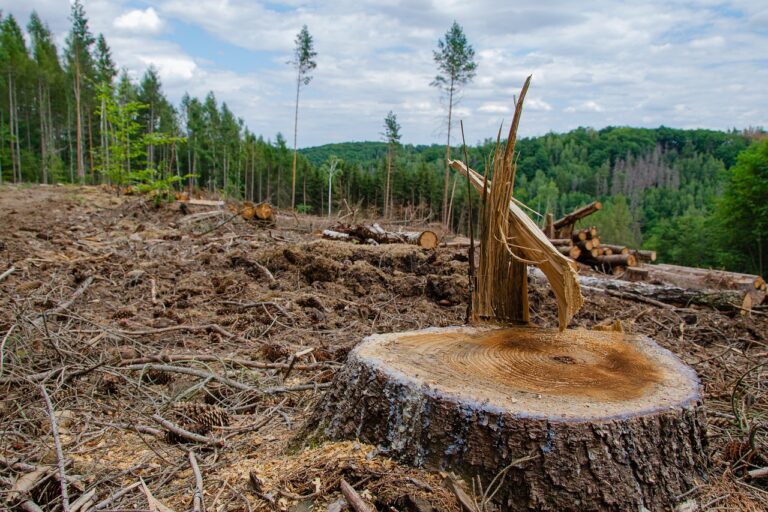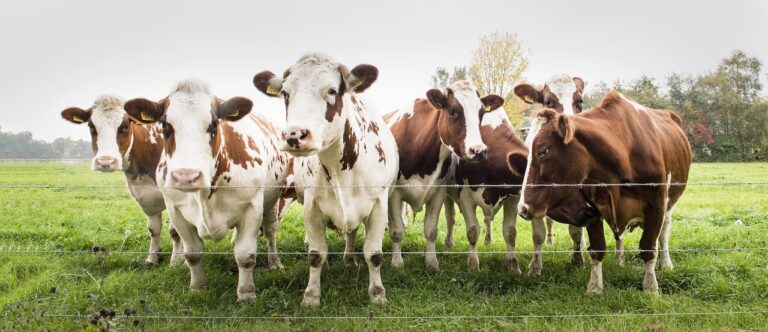
The European Union’s Regulation on Deforestation-Free Products (EUDR) 2023/1115 was enacted on June 29, 2023 and aims to eliminate deforestation-linked commodities from the EU market. This regulation has profound implications for U.S. companies involved in the production and export of certain goods. |
Deforestation is occurring at an alarming rate globally. In 2023, approximately 6.4 million hectares of forest were cleared, marking a significant increase compared to previous years. This loss equates to about 10 soccer fields of primary tropical forest disappearing every minute. The degradation and conversion of forests significantly affect the terrestrial carbon cycle, water and energy balance, biodiversity, and the livelihoods of forest-dependent communities, including Indigenous groups. The primary driver of tropical deforestation is agriculture, with cattle ranching leading as the most significant contributor, followed by palm oil and soy cultivation. Additionally, both staple crops such as rice, maize, and cassava, as well as non-staple crops like cocoa, coffee, and plantation rubber, play a role in forest loss, further exacerbating environmental and socio-economic challenges. |
The EUDR focuses on seven key commodities: cattle, cocoa, coffee, palm oil, soy, rubber, and wood, along with their derivative products such as leather, chocolate, and furniture. To access the EU market, companies must ensure these products are deforestation-free and legally produced. This entails providing detailed geolocation data tracing products back to the specific plots of land where they were produced, demonstrating that these areas have not experienced deforestation or forest degradation since December 31, 2020. Additionally, compliance with all relevant local laws, including those related to land use, environmental protection, and labor rights, is mandatory. Companies are required to submit a due diligence statement electronically for each batch of products, detailing adherence to these criteria. |

Impact on U.S. Companies
For U.S. exporters, particularly those in the agriculture and forestry sectors, the EUDR introduces substantial compliance requirements. The American Forest and Paper Association (AF&PA) has expressed concerns about the regulation’s rigorous requirements, underscoring the difficulty in tracing wood products back to individual forest plots due to the blending processes inherent in production. The AF&PA argues that these obligations could impose significant costs and operational complexities on U.S. companies, potentially disrupting trade valued at over $3.5 billion. |
Moreover, the regulation’s geolocation mandates pose a particular challenge for the approximately 11 million small private landowners in the U.S. who supply about 90% of the fiber used by the U.S. Forest products industry. The AF&PA emphasizes that the compliance costs associated with mapping and assessing millions of individual plots could be prohibitively high, placing U.S. producers at a competitive disadvantage. |
Regulatory Delays and Industry Response |
In response to industry pushback and concerns from trading partners, including the United States, the EU has postponed the implementation of the EUDR by one year. The new enforcement date is set for December 2025 for large companies and June 2026 for small and medium-sized enterprises. This delay provides additional time for companies to adapt to the new requirements. |
Despite this extension, U.S. industry groups continue to advocate for further revisions. Over 60 organizations have urged the U.S. government to negotiate with the EU, seeking recognition of the U.S. as a country that manages its forest resources sustainably and does not contribute to deforestation. They argue that without such recognition, the regulation could adversely affect millions of private landowners, U.S. manufacturing jobs, and significant exports to the EU. |
In a recent development, Trump directed federal agencies to examine ways to bypass endangered species protections and other environmental regulations to ramp up timber production across 280 million acres of national forests and other public lands. |
The move appears aimed at increasing domestic supply as the president considers tariffs on timber imports from Canada, Germany, Brazil and elsewhere. Environmental groups say increased logging would decimate American forests, pollute air and water and devastate wildlife habitats. |

